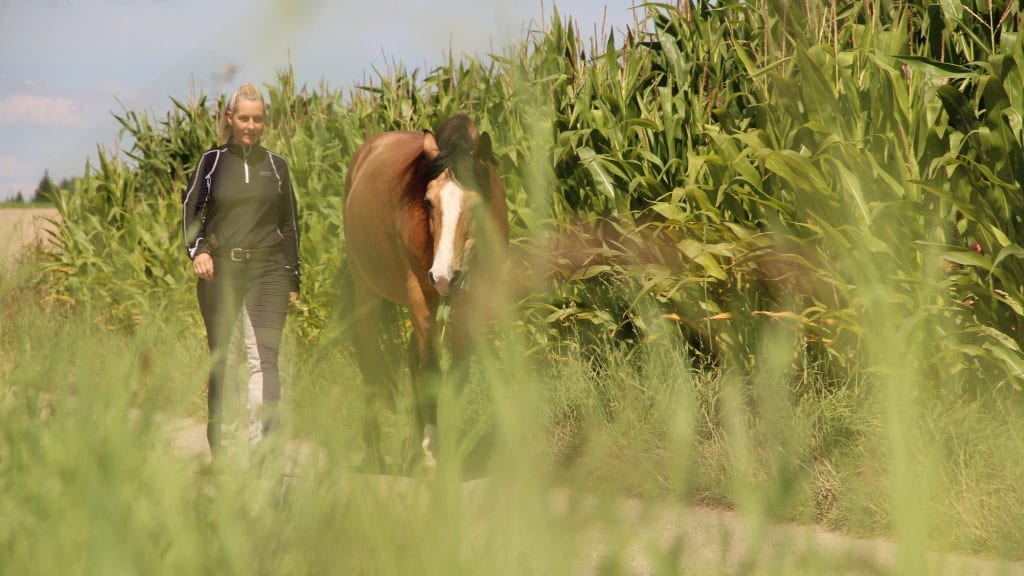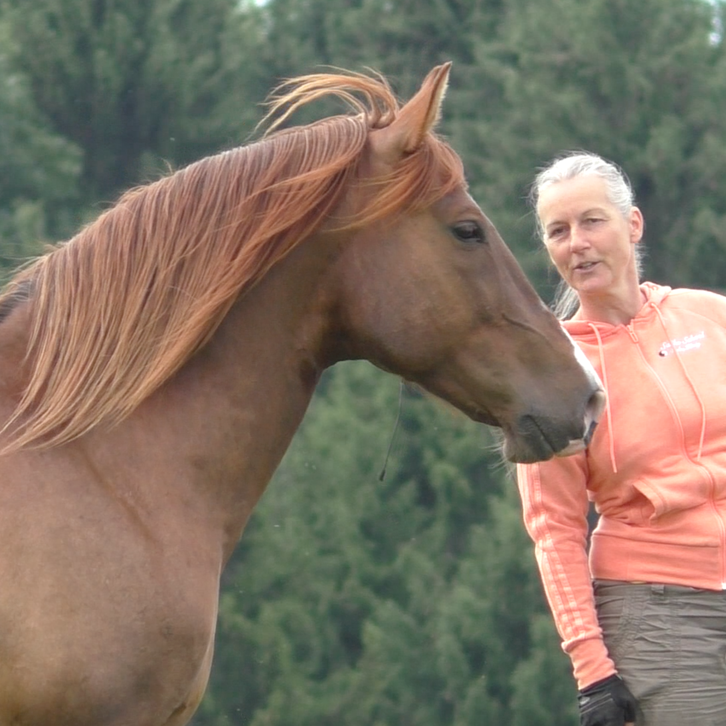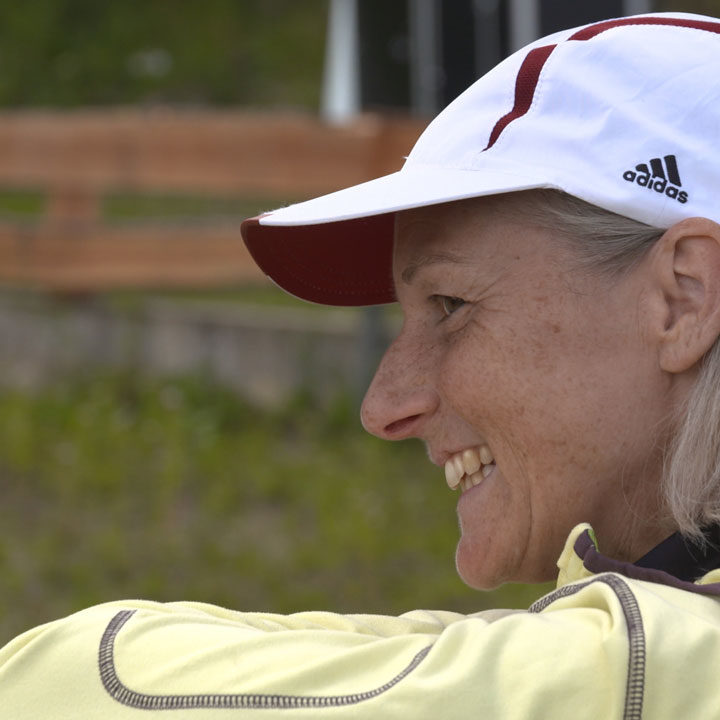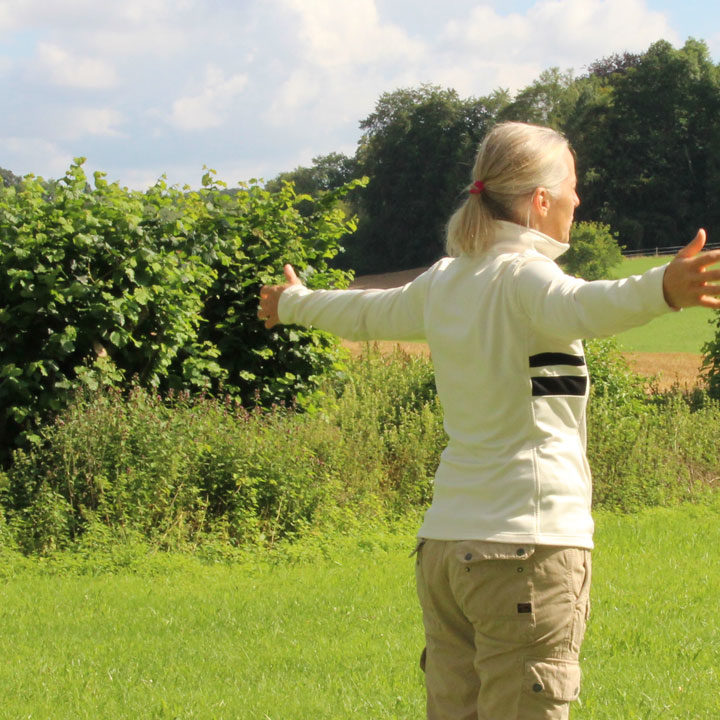“They run for all eternity. They gallop until they die, they do … if we do not say “stop”. They live for us … just for us … all their lives.”
Peter Shaffer, Equus
My philosophy is truly peaceful. If I take another creature, in this case the horse, unasked to be at my side, then it is a matter of honor to treat it as I wished to be treated myself.
A maximally peaceful horse handling is only possible if we pay attention to all contributing energy influences in the relationship between human and horse and thus illuminate the background of all actions of human and horse. This also means that men and women are completely different in their charisma of the female and male basic energy and that this results in completely different approaches. The horse is constantly orienting itself towards these energies and reacts instinctively.
Peacefully preventing overtaking, tearing loose or pushing when leading a horse, or releasing it (clip in english: coming soon!)
The foundation of chi horsing is horse psychology, empathy and body language
The horse psychology
What do I mean by horse psychology? With the background of knowing the horses natural behavior, I try to understand what the horse is trying to say.
Because every step, the chosen position of the horse towards me, the tensing and relaxing of certain muscles, how the horse approaches me – all this includes many statements. The horse can express all these messages only if it is allowed to move freely. The horse is constantly reporting on its experiences, needs, attitudes and opinions about what is being asked of him.
Empathy
Another important element of my work is empathy. How does the horse feel, what does it feel like when I ask for something? Is it scared or does it fight? If it is completely intimidated or even hysterical, it is neither punished nor comfort or pity, but I regard it with empathy.
And when I ask for something, I always put myself in the position of the horse and try – as best I can – to feel how it is to be in their situation.
The body language
Body language means being able to consciously control the positions of the horse and my own body movements and tensions. This requires a high degree of body awareness and self-discipline from me:
I always have to work consciously with a great deal of attention. If, for example, a horse reacts with resistance, it is usually because either body tension acts as pressure on the horse, I am displaying some sort of manipulative behavior, or my position was incorrect. This feedback from the horse is irreplaceable for me in learning its language. Through minor corrections, I am then able to quickly find a suitable position and either an increase or decrease in tension appropriate for our cooperation.
Therefore, it is so important for us to get to know our body exactly and use it in a controlled way.






